Cardinal Otunga - A Gift of Grace
Maurice Cardinal Otunga was born at Chebukwa, a village in Bungoma of the Bukusu. His father was Chief Sudi a nobleman and a patriarch and his mother was Rosa Namisi, who was a beautiful woman believed to have been a traditional diviner. During her busy time attending to the people through her special gift, there was some danger that the baby lying in a corner might be trampled underfoot, at least by the more enthusiastic of her clients. However, it was noticed whenever the mother was occupied and the baby was lying in its corner, a serpent would appear and curl up near the baby with its head resting on by the baby’s head. When the mother noticed this she was frantic.
In some parts of Africa, the perception of snakes is a combination of primeval fear and a deep awe for its godlike litheness, power and beauty. In short, you did not just take a ‘rungu’ and bludgeon the thing to death and most definitely not a polite snake like this one which would obligingly glide away as soon as the mother was ready to attend to her baby. However, the fear of snakes is deep in human nature, and the mother, Namisi, tried everything to discourage the serpent from returning to its self-appointed task. She burned bones and whatever else she could think of and the place stank to high heaven. Snakes were supposed to hate the smell of burning bones, but this one braved it all and kept on returning to its guard-post, only to leave at its own time and volition.
Then one day, apparently when the time had come and the baby had grown bigger and not in so much danger a strange man came and called the snake away saying “you have done your duty let us go” the snake left and never came back again and no one knew that man. And the baby acquired another name Nyoka (the snake). The author, much intrigued, questioned the Cardinal about the origin of the name, he had apparently forgotten all about it, and he told them the story without exaggeration, we wanted to know what he thought about it as snakes were identified as evil in the society, and he said simply “it could have been his guardian angel.” Through some of the extraordinary stories of his life as a child it comes clearly that there was a prophecy connected to his future.
It was Otunga’s destiny to blaze a trail for others to follow and he did it with ease. So as time went by there was that which glimmered at the back of his mind, the question of the call to the priesthood, a haze with a hard center, kept at the back, not brought to the front, and never quite put aside. He was the son of a great chief, a favoured son, and the future held a lot. Why not forget the world of Latin and the priesthood, why not stay at home? “I had the vocation very strong,” he says. “So strong that I felt, am I doing my own little will or God’s will?” And the idea that he might be doing his own human will and not God’s omnipotent, infinite will frightened him with the filial fear of a good son. Meeting him as a Cardinal of more than twenty years standing, his vision of world events is clearly that of a historian who sees Christ as the Lord and Master of history. In 1969 Maurice Otunga came to Nairobi as coadjutor and in 1971 he was named its Archbishop. It was Otunga’s destiny, as first in so many things, a skilled helmsman at the prow of a boat in frequently turbulent waters. Christ stood at the door of his heart and he opened it a little wider.



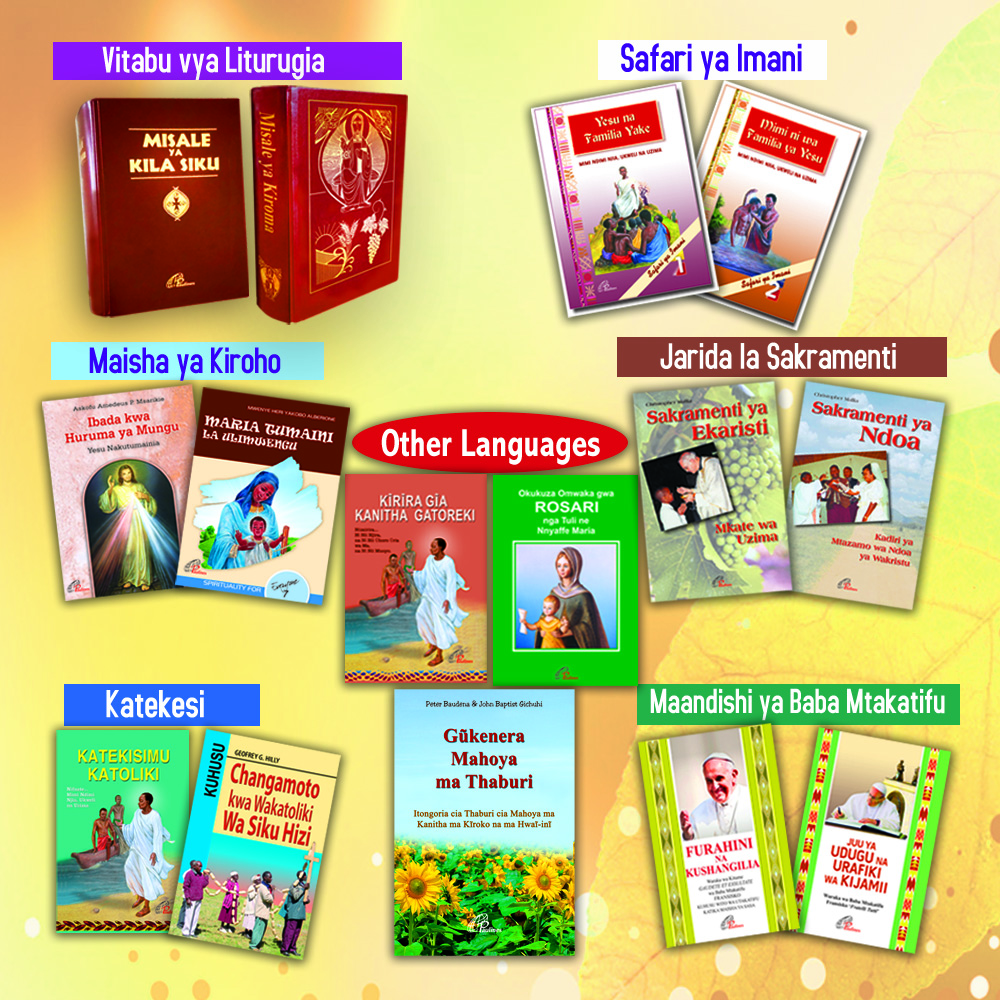




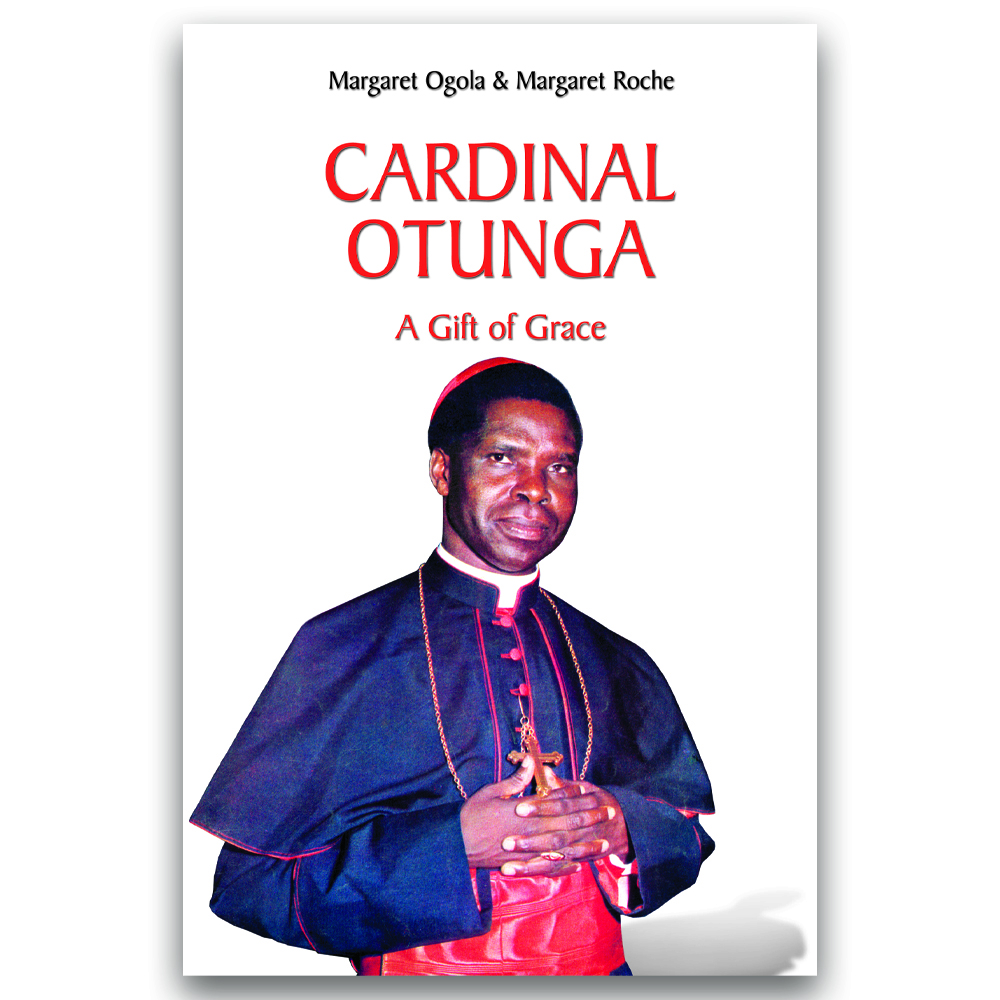
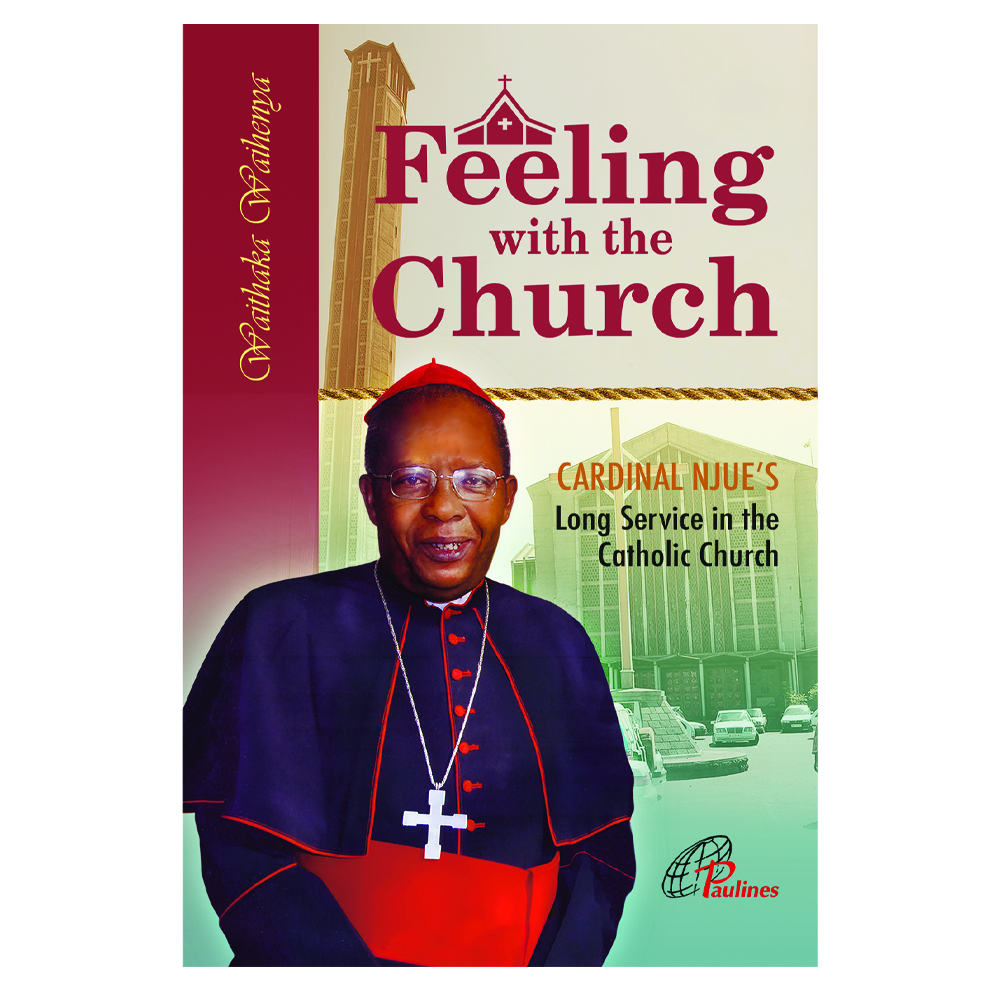
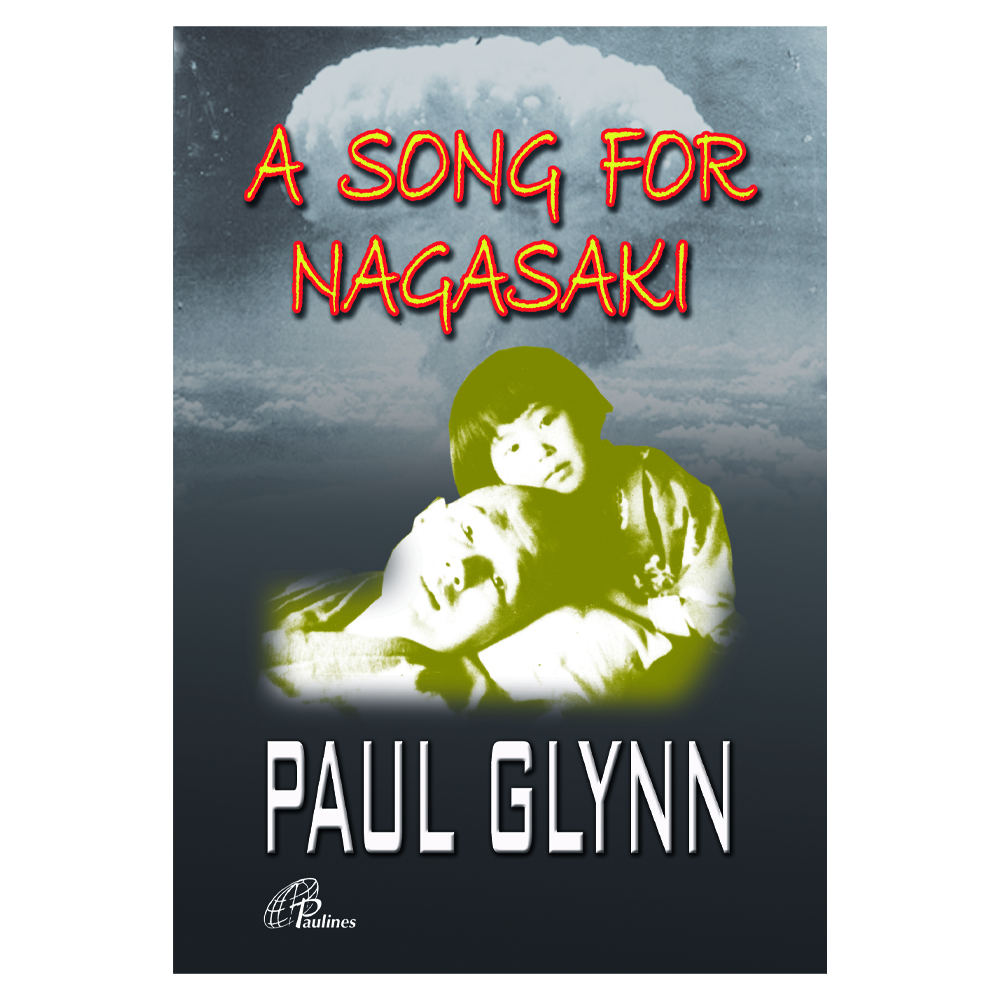
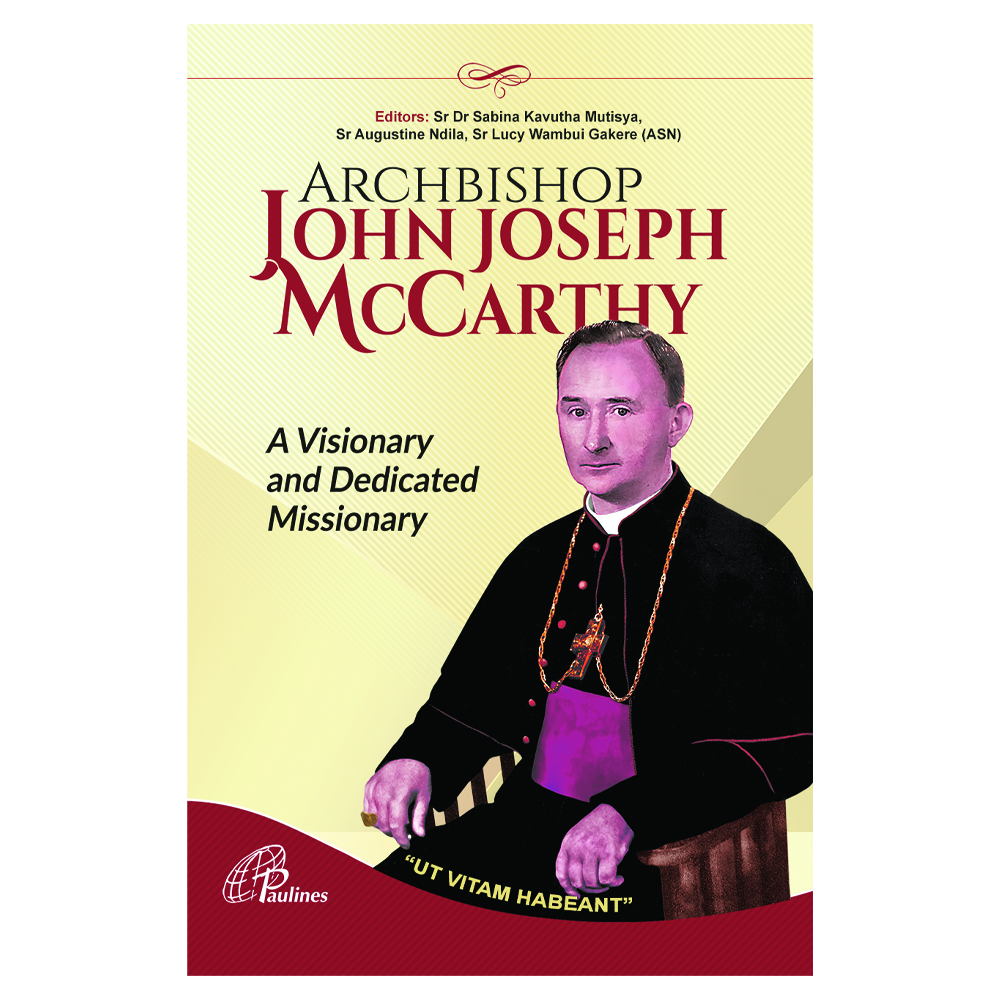
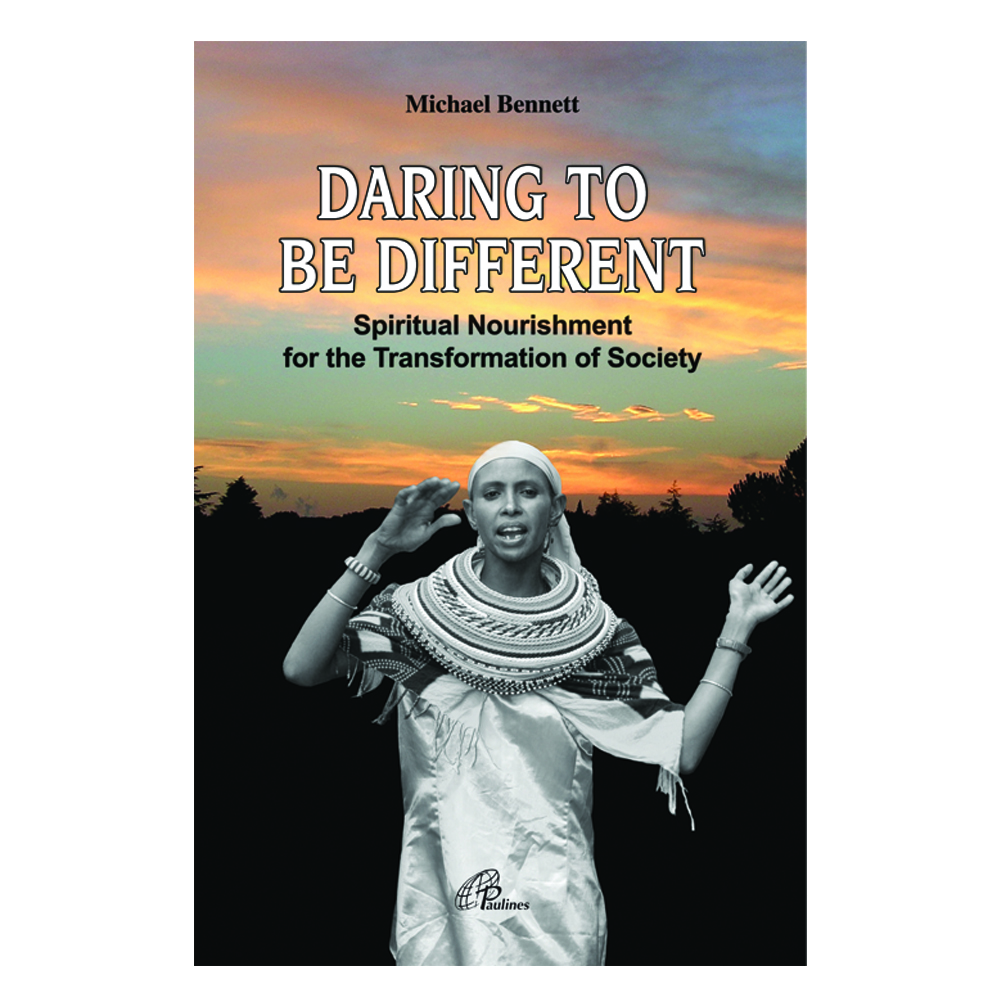
.png)